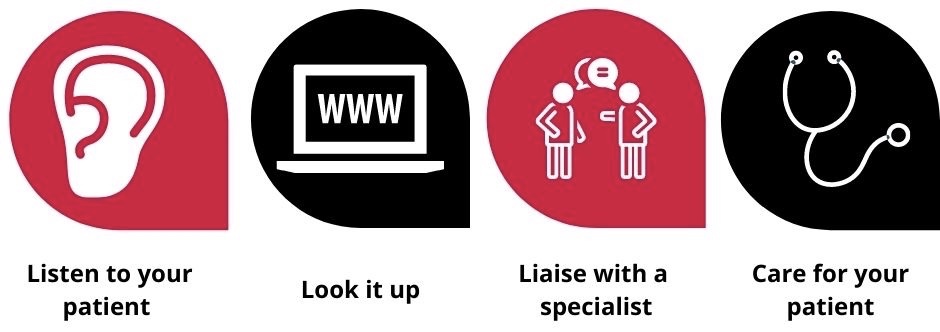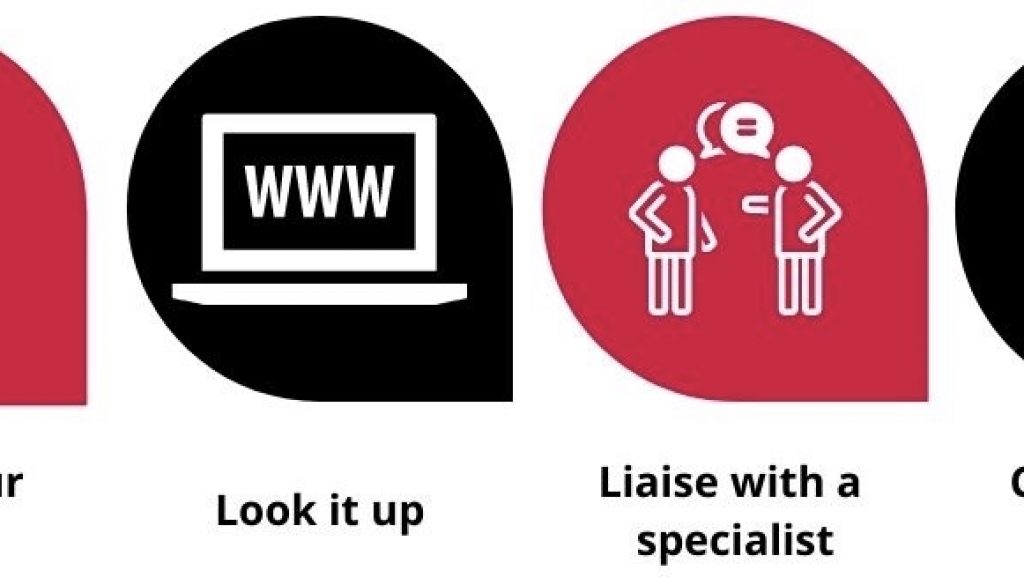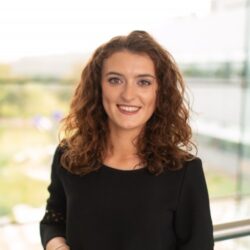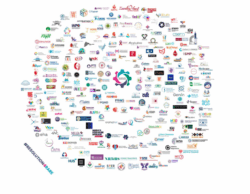Rare Disease – Not Just For Specialists
Written by Dr Katherine Colvin, European Medical Journal (EMJ)
Rare diseases are individually rare, but collectively common. Rare diseases, each occurring in fewer than 1 in 2,000 people (EU definition1), affect 3.5–5.9% of people: 300 million people worldwide. The majority (72%) are genetic conditions, with the remainder resulting from infection, allergy, or environmental exposures.2 While 70% of cases of rare disease onset in childhood, they are not always childhood-limited diseases.3 Over 50% of rare diseases persist into, or onset during, adulthood.4 This means that people with rare diseases are likely to have more interaction with a wider group of clinicians over their lifetime. The often chronic and debilitating nature of many rare diseases also mean above-average frequency of healthcare support will usually be needed.4
But people with rare diseases also access healthcare for other reasons: for family planning, for elective and emergency surgeries, for mental health services, and for other illnesses and injuries. The complexity of rare diseases and the lack of clinical knowledge – either by individual doctors, or by the body of science more generally – place people with rare diseases at risk. To avoid people with rare diseases being excluded from access to the care of every specialty, every clinician should be capable of caring for a patient with a rare disease. Understanding the resources available, listening to expert patients, asking for advice, and accessing education are the basic strategies that empower clinicians to care for all their patients, but especially those with rare diseases.
In a moment of vulnerability, when hurt or unwell, every patient deserves to feel confident in the care and expertise of the doctors and health care professionals looking after them.
People with rare diseases deserve this same confidence in their caregivers. It may not be possible to know everything about every disease, but the clinical responsibility to care for every patient remains.

If you are a clinician, here are some first steps to improve your care of people with rare diseases:
- Listen to your patient. People with rare diseases or their families are often experts on their condition. Ask them how they measure stability or deterioration in their condition, ask them about how their disease has behaved during other occasions of illness or injury, and ask them how theyare concerned that their rare disease will impact their current illness, injury, or health event.
- Look it up. You can’t know everything, but you are responsible for helping your patients and not leaving them outside of multidisciplinary care. Look up their condition on a medical database (such as Orphanet, NORD, or GARD) or on the website of an advocacy organisation – many of these organisation webpages now host a ‘For Medical Professionals’ page, which provide specific and relevant summary information. If you are a general practitioner and a patient at your practice has been diagnosed with a rare disease, take the opportunity to learn about it to help you provide care for that person going forward.
- Liaise with a specialist. Call the patient’s specialist or call a specialist inthat field to ask what factors to consider when providing your care to a person with a rare disease. The most-useful specialist or expert may not live in your city, or even your country – contact them anyway. Call or email the expert, wherever they are, so that you can provide high-quality, informed care.
- Care for your patient. Referring people with rare diseases back to their clinical geneticist or specialty doctor means they often miss out on cross-specialty, holistic care. Whether you are an obstetrician, an anaesthetist, adermatologist, or a general practitioner, don’t expect a clinical geneticist or single-specialty doctor to provide complete medical care. Embrace yourresponsibility to care for your patient: listen to your patient or their family,educate yourself, and then provide your best care for the person with a rare disease asking for your help.
References
- European Union. Regulation (EC) N°141/2000 of the European Parliament and of the Council of 16 December 1999 on orphan medicinal products. 2000. Available at: http://eurlex.europa.eu/LexUriServ/LexUriServ.do?uri=OJ:L:2000:018:0001:0005:EN:PDF. Last accessed: 19 Jul 2020.
- EURORDIS Rare Diseases Europe. What is a rare disease? 2020. Available at: https://www.eurordis.org/content/what-rare-disease. Last accessed: 19 Jul 2020.
- Nguengang Wakap S et al. Estimating cumulative point prevalence of rare diseases: analysis of the Orphanet database. Eur J Hum Genet. 2020;28(2): 165-173. https://www.nature.com/articles/s41431-019-0508-0
- Orphanet Ireland. About Rare Diseases. 2018. Available at: http://www.orpha.net/national/IE-EN/index/about-rare-diseases/#:~:text=However%2C%20over%2050%25%20of%20rare,Kaposi’s%20sarcoma%20or%20thyroid%20cancer. Last accessed: 19 Jul 2020.




